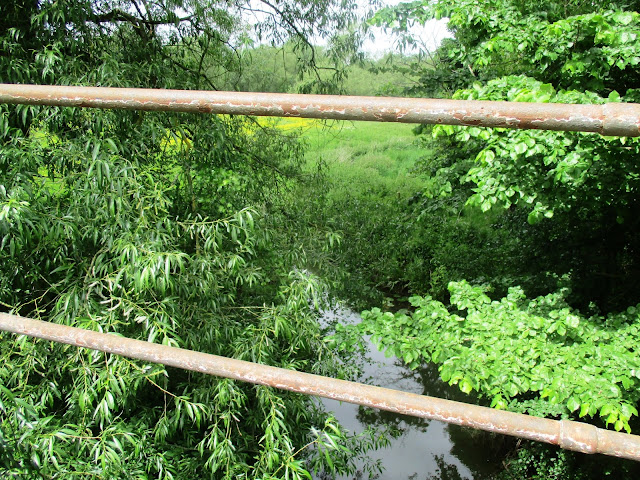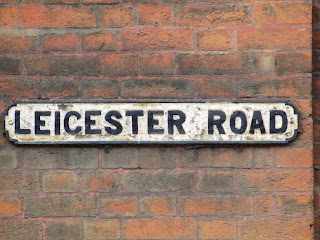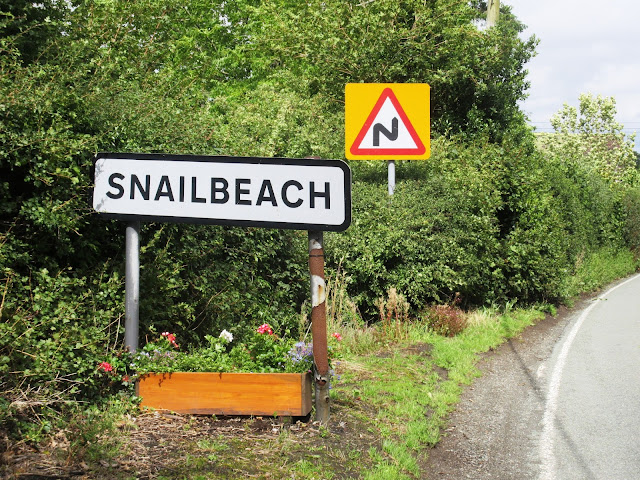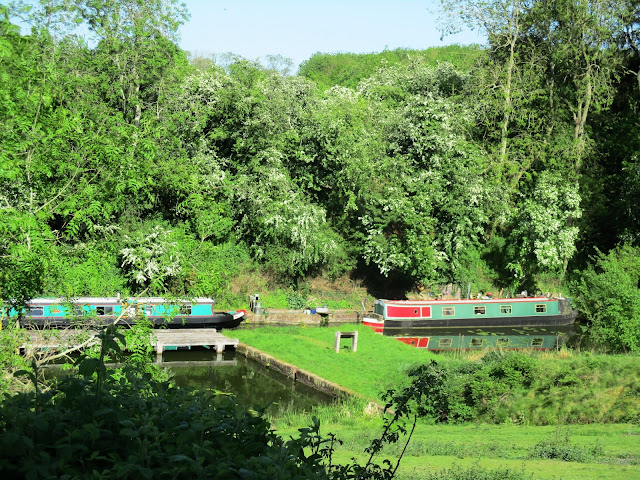I've just watched the 1945 Ealing film Painted Boats. It's not an Ealing comedy, but it is hardly a drama either as the plot is so weak and the film wants to educate as well as entertain. Yet there is much to enjoy.
Above all you would watch it today for the footage of the canals in wartime. You could frame many of the shots and put them on your wall.
It is very much of its period, or a slightly earlier period, in that the narrator Louis MacNeice wrote some verse specially for the film. The nearest thing to this I can think of is Auden's contribution to some GPO Film Unit productions.
The real weakness of Painted Boats is the way it has asked upper-class actors to play boating families. Some manage better than others and the worst is Robert Griffiths, the romantic lead as far as there is a romance. You can see why he made just three films.
More familiar faces in the cast are Megs Jenkins and Harry Fowler.
With its uneasy combination of drama and education, Painted Boats reminded me to a surprising extent of Flower of Gloster, a children's television serial from the 1960s I once blogged about.
I suspect you have to be a canal enthusiast or a lover of obscure British films to enjoy Painted Boats. I am both, so I enjoyed it very much.
Painted Boars is on the Talking Pictures TV Encore site, but hurry if you want to watch it because it will come down on 7 June.










































